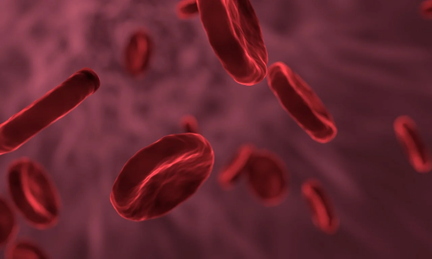
AI Reprograms Glioblastoma Cells for Immunotherapy, Offering Hope for Deadliest Brain Cancer
In an exciting development for cancer treatment, researchers at the Keck School of Medicine of USC have harnessed the power of artificial intelligence (AI) to reprogram glioblastoma cells into dendritic cells (DCs). This groundbreaking approach transforms the cancer’s own cells into immune-activating cells, enhancing the immune system’s ability to target and destroy the tumor. Glioblastoma, the most prevalent and deadly form of brain cancer in adults, has been notoriously difficult to treat due to the protective blood-brain barrier that shields these tumors from immune attacks.
Led by Dr. David Tran, the study utilized AI to analyze vast genetic data, identifying specific genes that could convert glioblastoma cells into immune cells capable of fighting cancer. In mouse models, this innovative method increased survival rates by up to 75% when combined with other immunotherapies. The AI-driven process significantly accelerates the discovery of potential treatments, offering new hope for patients battling aggressive cancers like glioblastoma.
The next step involves refining this approach for human application. Researchers plan to embed the identified genes in a viral vector for safety and efficacy testing in animal models. If successful, clinical trials in humans could follow, paving the way for revolutionary cancer treatments. The team also envisions using this AI model to identify genes that could reprogram other types of cancer cells, potentially broadening the impact of this technique across various cancers.
AI reprograms glioblastoma cells into dendritic cells for cancer immunotherapy (News, Medical Life Sciences, 7/31).



